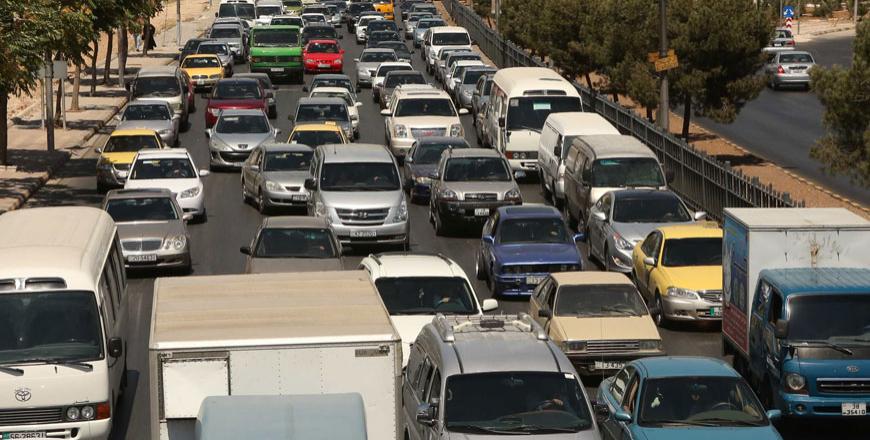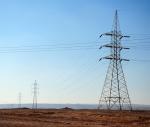You are here
Jordan imported JD740 million worth of used cars in 2015
By Baha Abu Hasnah - Jan 13,2016 - Last updated at Jan 13,2016

74,301 used cars entered the Kingdom last year, according to the Jordan Free Zone Investors Association (JT file photo)
AMMAN —Jordan imported used cars worth almost JD740 million in 2015, registering a 16.5 per cent increase over 2014, a sector leader said Tuesday.
Jordan Free Zone Investors Association (JFZIA) President Nabil Rumman said 74,301 used cars entered the Kingdom last year, compared with 62,047 vehicles valued at around JD650 million in 2014.
Rumman attributed the increase to the incentives offered for trading in and replacing old cars with relatively new hybrids, in addition to the customs duty exemptions granted to people with disabilities, who imported 10,000 cars.
Demand on hybrid cars also increased by around 25 per cent in 2015 to reach 21,591, compared with the previous year, when 17,000 fuel-efficient cars entered the domestic market.
Rumman told The Jordan Times in a phone interview that hybrids manufactured by Japan's auto giant Toyota — Prius and Camry — are still the most popular among Jordanian motorists, followed by American vehicles such as Ford.
Although the government exempted electric cars from registration fees, customs duties and taxes, and also waived fees for fully electric vehicles' charging devices, he said demand on such cars is still "too low".
"Electric cars are already very expensive from their country of origin. The average cost of an electric car is around JD60,000 to JD100,000," Rumman noted.
The re-export of used cars from the Kingdom's free zone continued to decline in 2015 due to political unrest in the region, according to the JFZIA president.
The drop in re-exports was around 34.3 per cent, with 59,424 cars shipped to regional countries in 2015, while the figure stood at 90,512 in 2014.
Iraq, Libya, Yemen and Saudi Arabia were the main markets for Jordanian cat traders, he said, adding that Iraq was the largest market.
"Seventy per cent of our auto exports from the free zone used to go to Iraq," Rumman said, noting that the situation changed dramatically after the closure of the Karameh-Turaibil border crossing for security reasons last July.
He added that auto re-exports to Libya and Yemen stopped in 2015.














